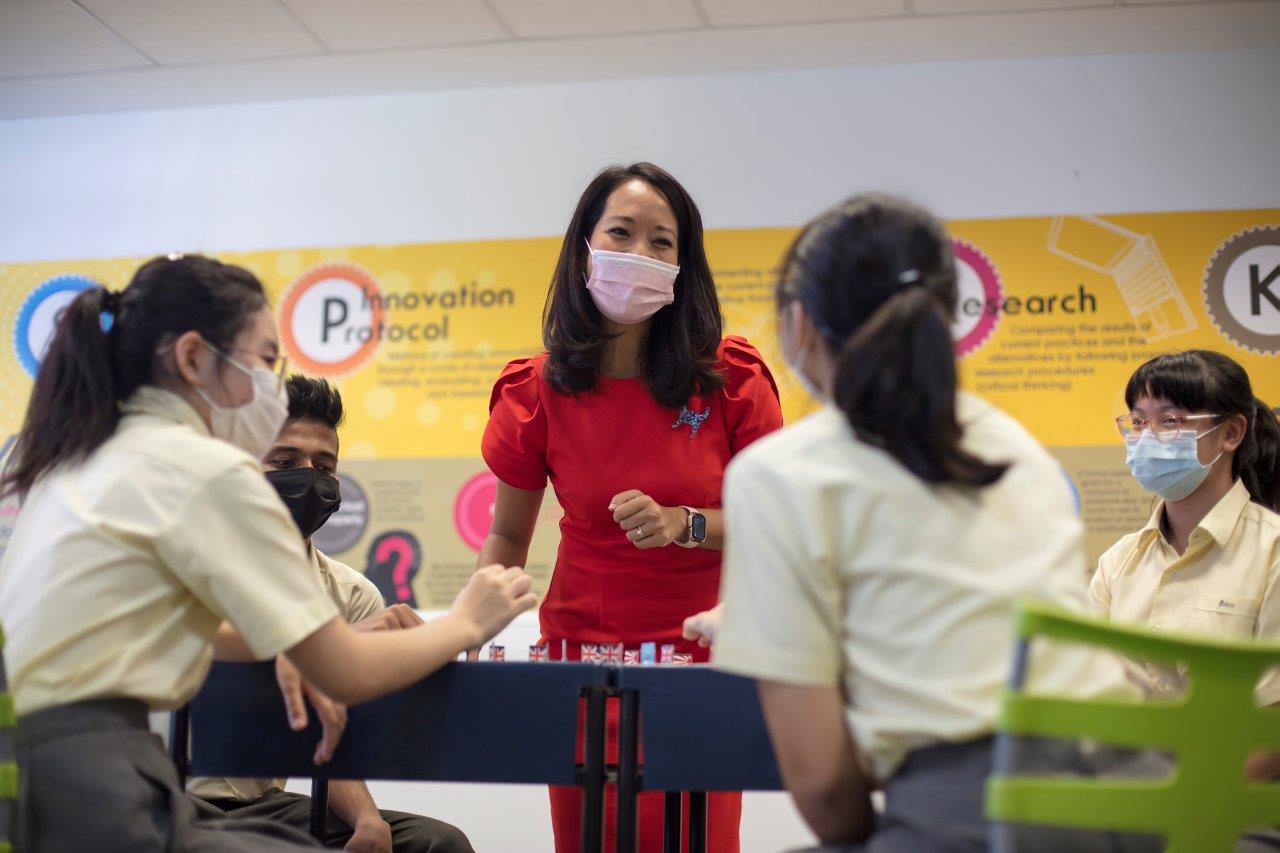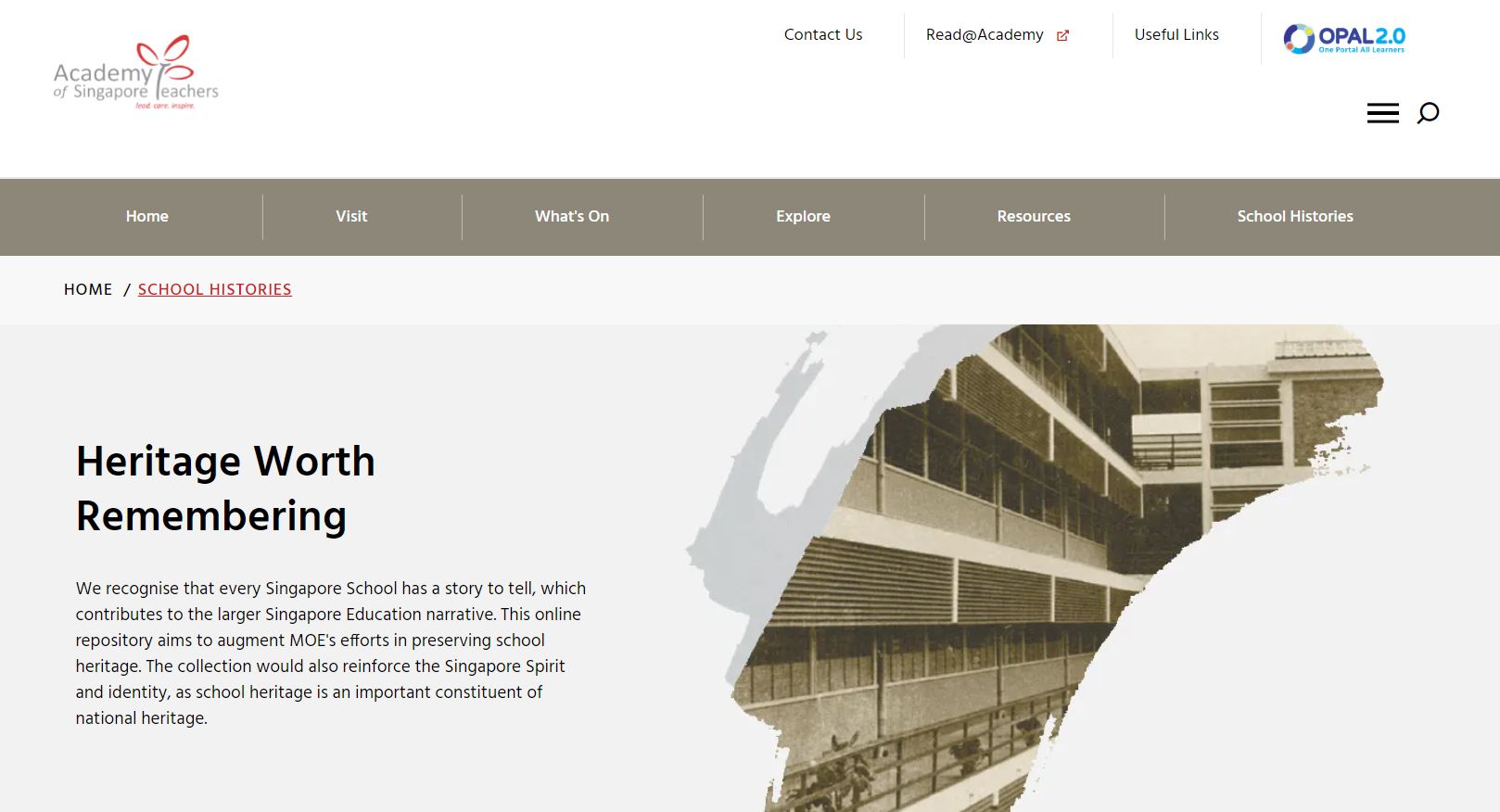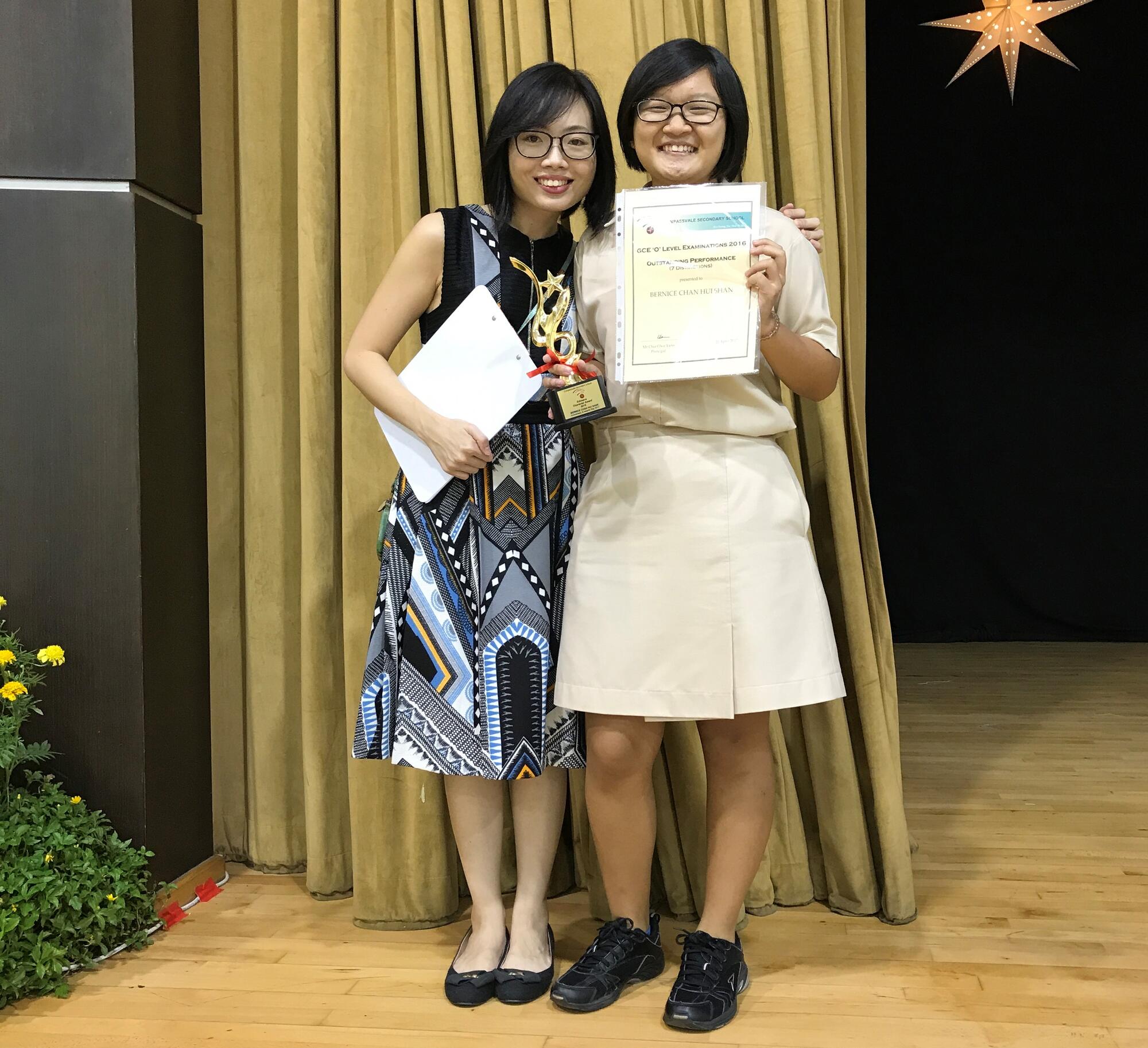History is Not the Past
29 Jul 2016
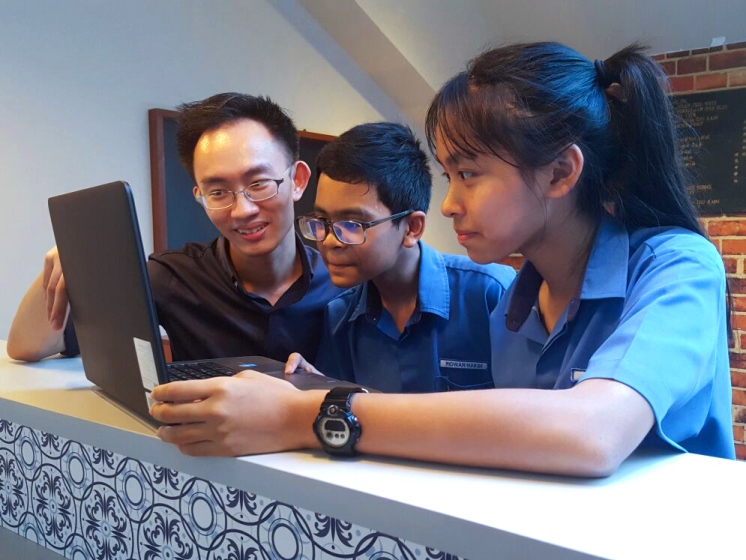
What can K-pop teach students about World War II? Plenty, says history teacher Mr Melvin Chan.
Chan Joo Seng Melvin, Teck Whye Secondary School, Outstanding Youth in Education Award 2016 Finalist
Rumours and controversies, films and posters, fashions and designs are some interesting avenues that engage my students and help them to better understand and appreciate history in the present world. Initially, Mary* and her team were busy researching to prove the popularity of K-pop across the globe throughout the years. However, they were puzzled when they read articles revealing increasing resistance towards K-pop since the late 2000s. Eventually, through class discussions and their peers’ contributions, her team realised that they could use this information of emerging anti-K-pop activities as evidence to demonstrate the sphere of influence K-pop has in the world. All it takes is examining the facts through another lens.
Is this not what history and, in extension, history education are about? Learning to incorporate contradictions, embrace viewpoints and expand understanding, all within a collective learning environment. I believe that the best way to teach my students is to allow them to experience the subject by “doing” history or to be “historians in practice”, a term coined by my students.
Experience by Doing
“It’s your lesson, not mine!” I do not dictate the questions for the class. Just like how a historian usually starts through self-discovery, the class formulates their own questions and ideas that drive discussions. Following which, students would build on their peers’ comments and feedback to construct new and enhanced understanding. I am there to facilitate the process, to challenge them to further their historical thinking and to create a conducive environment for learning. Whilst I faced initial resistance from the students, I persevered and they eventually got used to my style of letting them gain greater ownership in their classroom learning.
I was encouraged when my students adopted such a constructivist approach to expand on their argument of Hitler’s vision of Greater Germany and his totalitarian regime. Students moved on to argue that this was possible as Hitler set up a totalitarian regime in which opponents and critics were silenced. They had formulated their understanding based on questions raised and new information provided by their peers. I was amazed at their ability to shift from a casual assertion to one that incorporated the historical conditions on a topic that they had yet to be taught.
Similarly, I took my Secondary 2 students through experiential learning of history by designing a heritage trail of the Teck Whye community. A close examination of students’ journal entries revealed a range of refreshing ideas. Furthermore, their group inquiry questions had evolved to application questions with historical contexts. I was extremely delighted to note that students went beyond using Internet searches to obtain historical data, such as conducting interviews with their grandparents.
Empowering through Opportunities
Beyond the confines of a classroom and the curriculum, I strongly believe that I need to connect my students to the outside world so as to further challenge them in their understanding of history and to increase their self-esteem. I have been actively getting my students to join national competitions and to co-present with me at conferences.
One team wanted to withdraw from a competition after finding out that they had to craft a 16-page meta-narrative using postal materials. I had to reassure them of their abilities. They won with a remarkable piece of work on the independence of Southeast Asia through varied historical perspectives. More importantly, the team presented their work to an audience at an international exhibition and gained greater confidence.
Co-presenting with me at national seminars was a daunting task for my students. Nonetheless, through detailed preparation and practices, my student presenters did an excellent job. They received affirmative and encouraging praises from the audience. One of my students mentioned, “If I have the chance to do it again, I will want to volunteer myself and even ask my friends to join me because I realise that I am more than capable.” On top of deepening their historical understanding, the experience empowered my students to become more confident learners and active collaborators.
Enhancing the Practice
Just as how my students have internalised the culture of improvement, as their teacher, it is important that I practise what I preach. I constantly challenge myself to think of new and innovative strategies that will help my students to have a richer, more authentic and meaningful experience of the subject.
For example, I decided to get my students to curate a group story of 1950s Singapore through given objects for my introductory lesson. None of the groups shared the same stories. During their discussions, I was pleased to hear my students voicing their views that history is not merely about factual information of events, themes or objects. My students have learned that history involves learning how people think about and document events in the past.
I believe in the professional development of self and others. Therefore I find great joy in sharing and collaborating with my history colleagues. It was through our intellectual discourses and keen exchange of ideas that enabled our history lessons to become even more enduring, empowering and engaging for our students. Such team work is wonderful for me as I value the inputs from my fellow colleagues.
A Rewarding Journey
I am heartened to know that the Elective History enrolment has doubled over the past few years and to hear from other colleagues how the students look forward to history lessons. I am especially pleased when my students start to question my views and perspectives during history classes.
“Didn’t he just say history is not just about the past?” asked a student.
*Actual name has been changed.

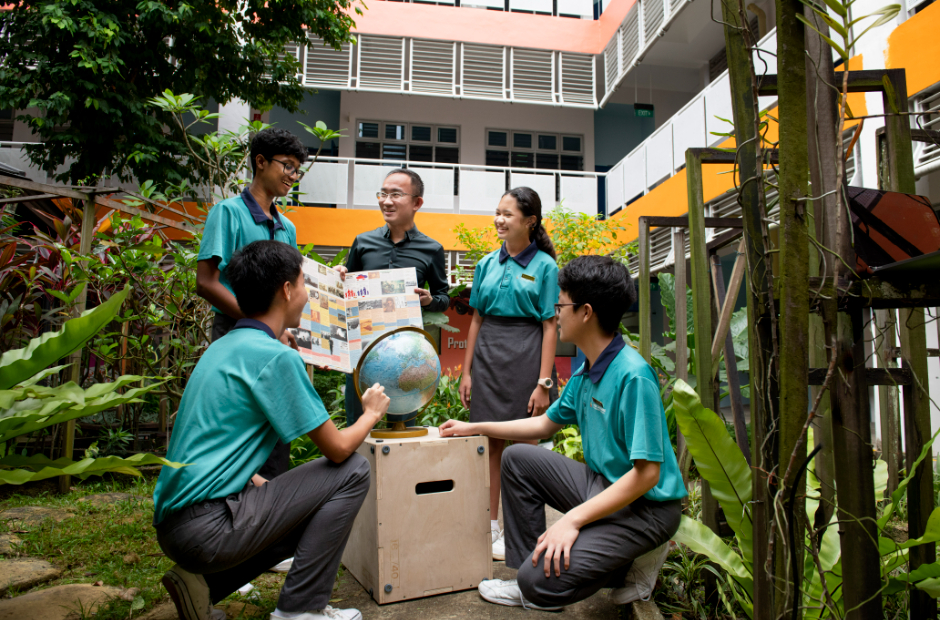
.jpg)
